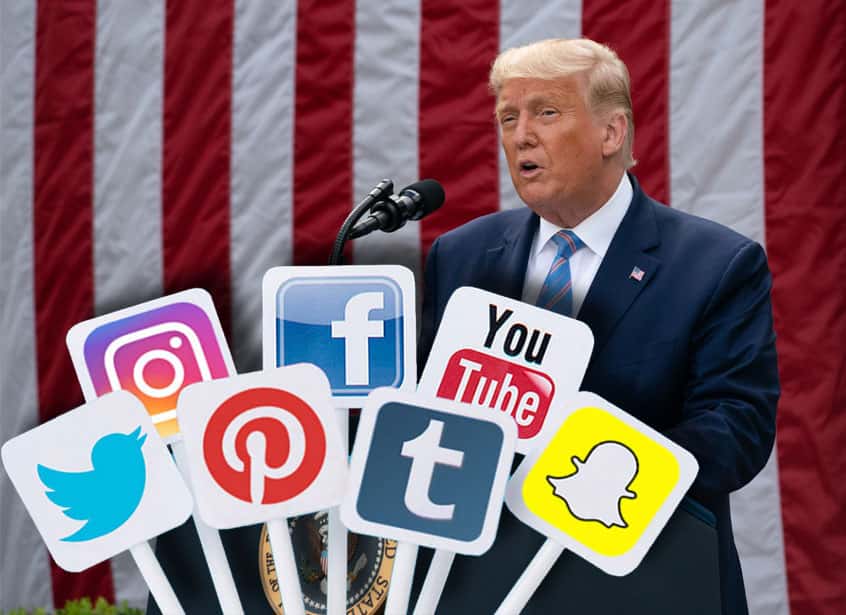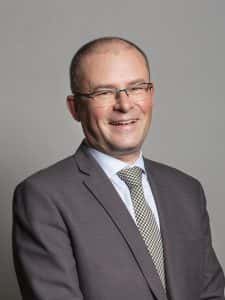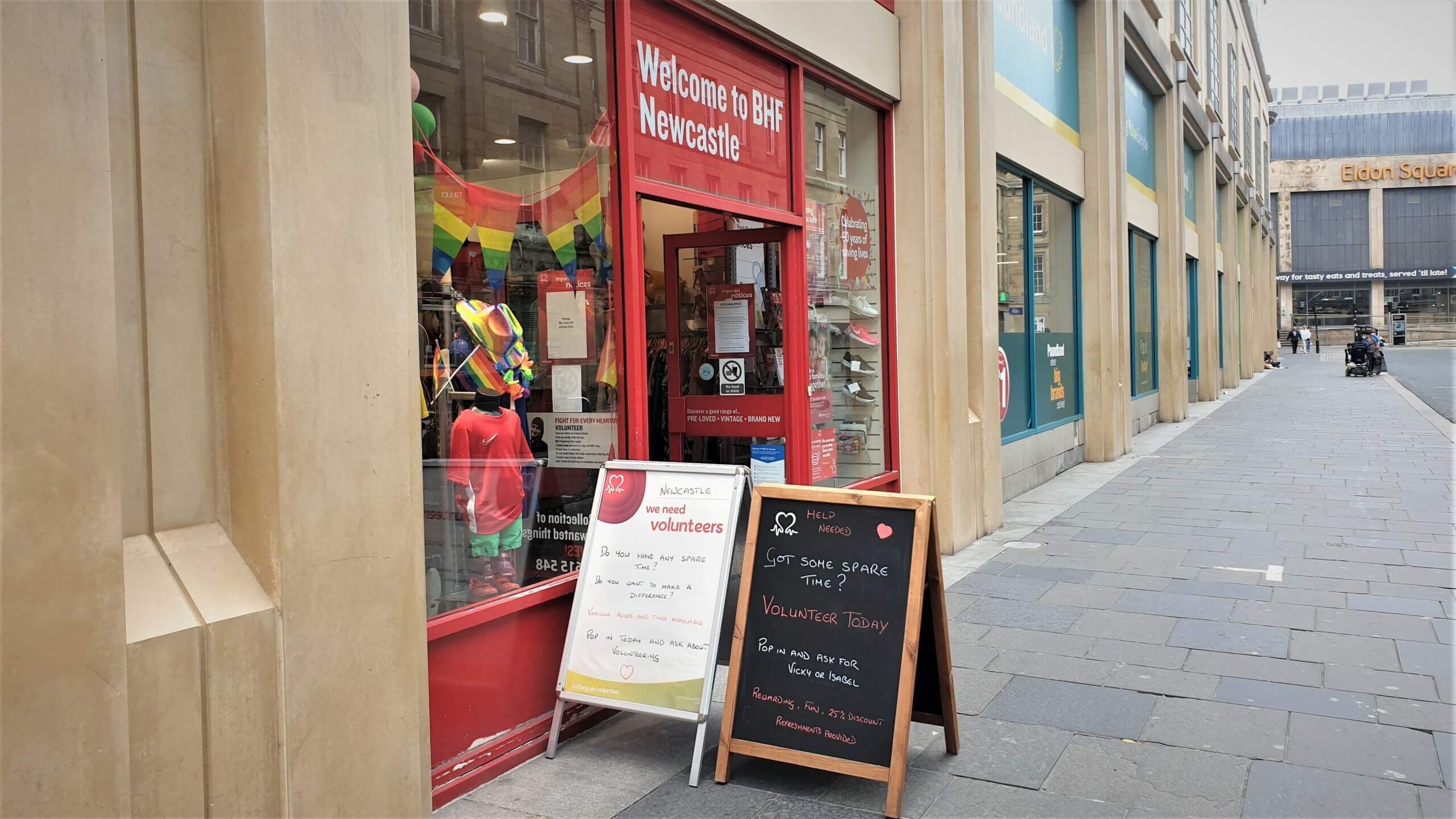
THE question is being asked more and more – especially in the run-up to a US election which some fear may be at risk of being hijacked via tweet.
We decided to try and understand, by asking for the view from within North East journalism, politics and fashion.
Sam Boal and Connor Bromley spoke to a national newspaper reporter, a North East fashion model and a senior North East politician to ask… ‘Is social media good for our world?’
______________________________________________________________________________________________________________________________________
CONSERVATIVE MP Ian Levy was part of the Tories’ shock demolition of Labour’s so-called ‘red wall’ last year, seizing the seat of Blyth Valley and breaking 70 years of Labour domination.
He says he’s paid a price via social media ever since – feeling the wrath of his opponents, including the publication of ‘fake news’.
Mr Levy says this has included a false post on Facebook, featured a photoshopped letter from the MP, which made it appear that he was issuing incorrect Covid-19 advice to his constituents.
He said: “Somebody doctored the email and put it out under a false name and posted it, which caused utter chaos. It gave the complete wrong advice, and they posted it on a Morpeth Facebook page, so I wouldn’t see it.”

He continued: “We had to get in contact with the county council, because they said that we gave wrong advice out.
“When we got to the bottom of it, it was someone putting fake news out for pure devilment, essentially for political gain – at the cost of hard-working families.”
Mr Levy’s point is that social media can be a tool which, when used maliciously for political purposes, can cause real-life harm.
One of the big questions around social media at the moment is whether it needs to be regulated.
Ian Murtagh, former national sports journalist with the Daily Star and Daily Express – a member of the Sunderland University mediaHUB team – believes social media needs regulating.
“I think people have got to be accountable and attributable, which will make things a lot easier,” he said.
“At the moment, anyone can sign up to a social media site without identification, which means they can abuse anyone with no threat of being punished for their actions.”
Joshua Glennon, a North East-based model, echoed the thoughts of Mr Murtagh and also offered insight into how trolling can affect people.
He said: “I’ve witnessed it, just from scrolling through people’s posts on social media.
“I’ve also seen some of my friends be the target of abuse due to how they look, or because they’re more in the public eye than they realise.”

He continued: “I think trolling is a massive problem. I feel as though you can’t read a single post from a famous person, or from someone with lots of followers on social media, without there being some sort of negative comment underneath.”
Indeed, one quarter of all adults in the UK say they have experienced trolling, so the problem is one that is unlikely to go away anytime soon.
In 2017, over 3,000 people were arrested for trolling in the UK and there have been no real regulation changes for social media websites in that time.
Mr Levy spoke of a journalist who contacted him and ran an inaccurate story about his background, which was detrimental to his image and credibility as a politician.
That story has since affected him publicly, as people have questioned his integrity from reading the story – which was published on Facebook.
He said: “Facebook can be a place where people presume that if there is smoke then there is a fire, but often the posts aren’t verified.
“My honest opinion is that I don’t know what needs to be done to stop this. What I would say is that it needs to be examined further to see what can be done.”
He continued: “If people can’t act responsibly on social media, then you need to be able to verify them and punish them.
“Just because you are sat in your living room, tweeting, doesn’t mean it isn’t verbal assault.”
What do you think should be done to help regulate social media?



